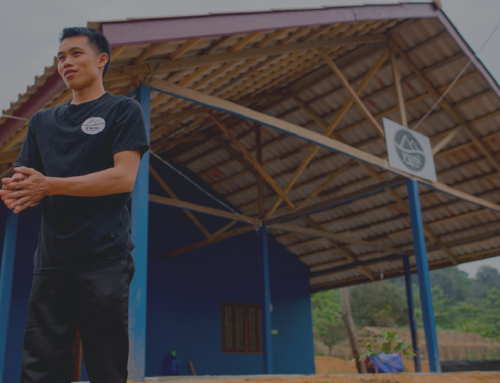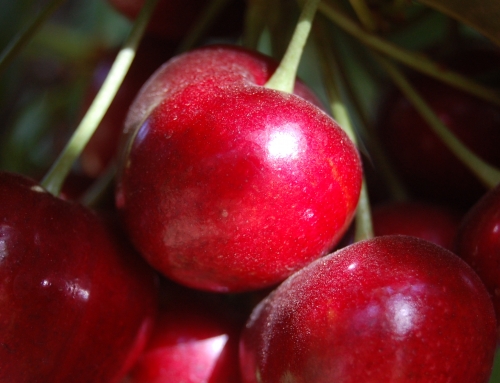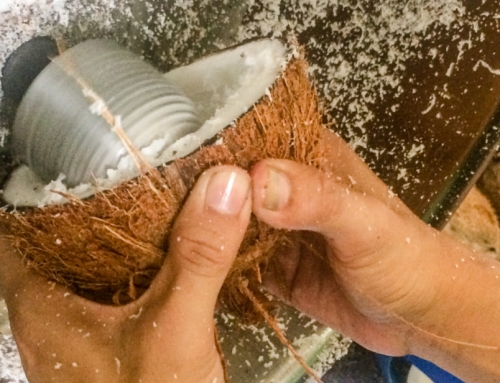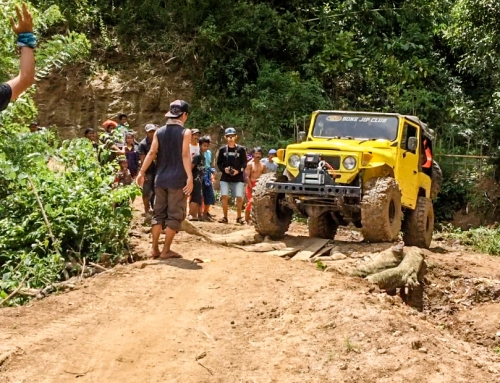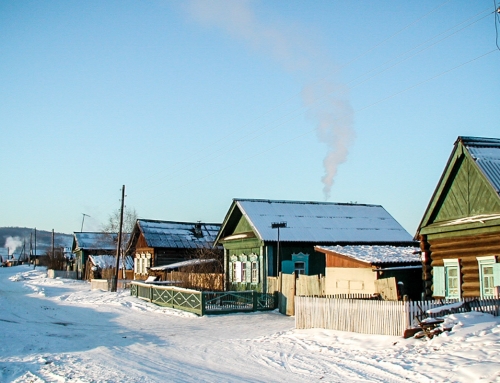WHAT WE DO:
Agricultural Development

OUR GOAL: to reduce hunger and poverty for hundreds of farming families in Asia by increasing agriculture in a sustainable way and bringing greater access to markets.
The Problem:
Cocoa trees were introduced to the village of Sulbara in southeast Asia in the 1970s. Companies around the world began to look to Asia for sources of high quality chocolate. The government supported cocoa growing projects with generous subsidies. During this time residents of Sulbara planted hybrid cocoa trees. Unfortunately, the hybrid trees were weak and required special care in order to remain healthy for many years. Local farmers didn’t have the training necessary to properly care for these young trees and as a result they became weak and vulnerable to disease. Cocoa trees began to die and it seemed that the anticipated profits from chocolate were never going to be realized. Desperate for income some men returned to growing rice or cloves. Others traveled to another island to do construction work. Many families lived in a constant state of separation. They had no money for education and so boys often only finished middle school before going to work full time.
The Opportunity:
Between October of 2012 and March of 2013 consultants Joe and John surveyed communities in this region in order to determine the key problems facing these people. Very quickly they realized that if the farmers could grow healthy cocoa trees they would reap significant economic benefits. Joe and John wanted to provide resources for local cocoa farmers to help them succeed. John has a strong background in agriculture and believed he could teach the farmers how to graft healthy branches onto otherwise unhealthy trees. Their original plan was to provide evening classes with tools farmers could then put into practice throughout the week. Some villagers were interested but others, such as Mr. Ida, were suspicious. Mr. Ida thought that outsiders would be unable to make a difference. He chose not to join the classes and instead traveled to another island to work construction for an extended period of time.
After offering classes to the community with some small success Joe and John realized what the farmers needed most was empowerment. According to John the farmers were very smart. They needed knowledge but had never had the opportunity to learn because many of them did not go to high school. However, the farmers learned quickly, retained information well and were able to teach others. Joe and John approached eight farmers and asked them to form a small co-op. During the following months they invested heavily in these eight farmers and their families. They walked them through the process of grafting a healthy branch step by step. Additionally Joe and John worked beside them daily and taught other good practices such as composting, farm cleanliness, how to grow healthy seedlings, when to harvest the cocoa and when to prune the trees. Investing in these eight men paid off! Co-op members saw their formerly unhealthy cocoa trees grow healthy fruit.
The Outcome:
The whole village became invested in cocoa production. The original members of the co-op have gone on to teach other farmers what they have learned. Some who were initially quite suspicious of the project have seen the good results and now support the new farming techniques. Mr. Ida, in particular, returned home to see great improvements and chose to commit to learning the new techniques for his own cocoa trees.
Today the residents of Sulbara have seen significant improvements to their cocoa trees and are beginning to enjoy the profits of healthy fruit. The income from cocoa has allowed men to stay at home rather than journey far away for work. Families are now able to purchase more meat for their daily diet. A national convenience store chain also opened a store in the village which sells previously unavailable items such as baby formula and milk. Although Joe and John have moved on to other projects they continue to keep in contact with this community and are encouraged to see the good results continue as members of the original co-op teach their neighbors.




